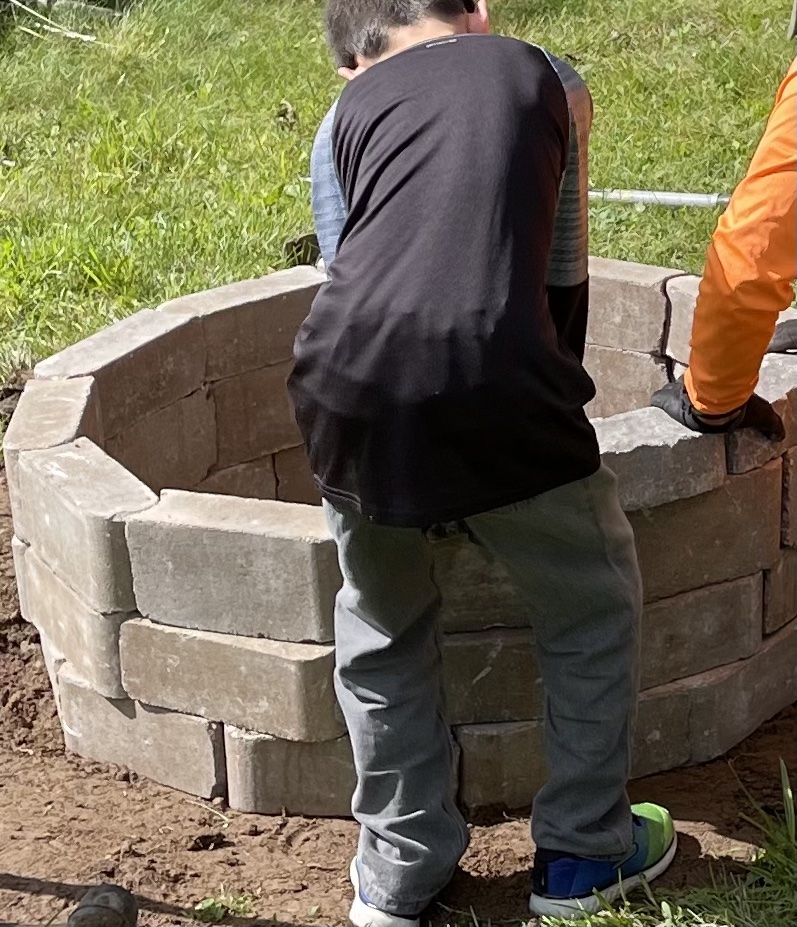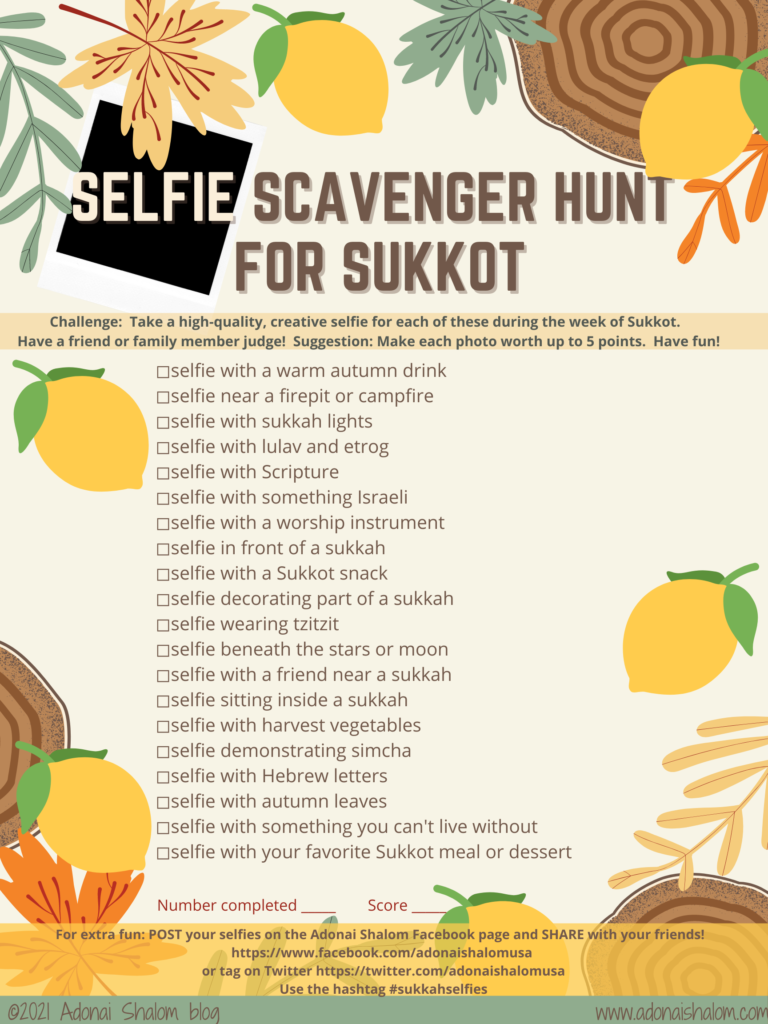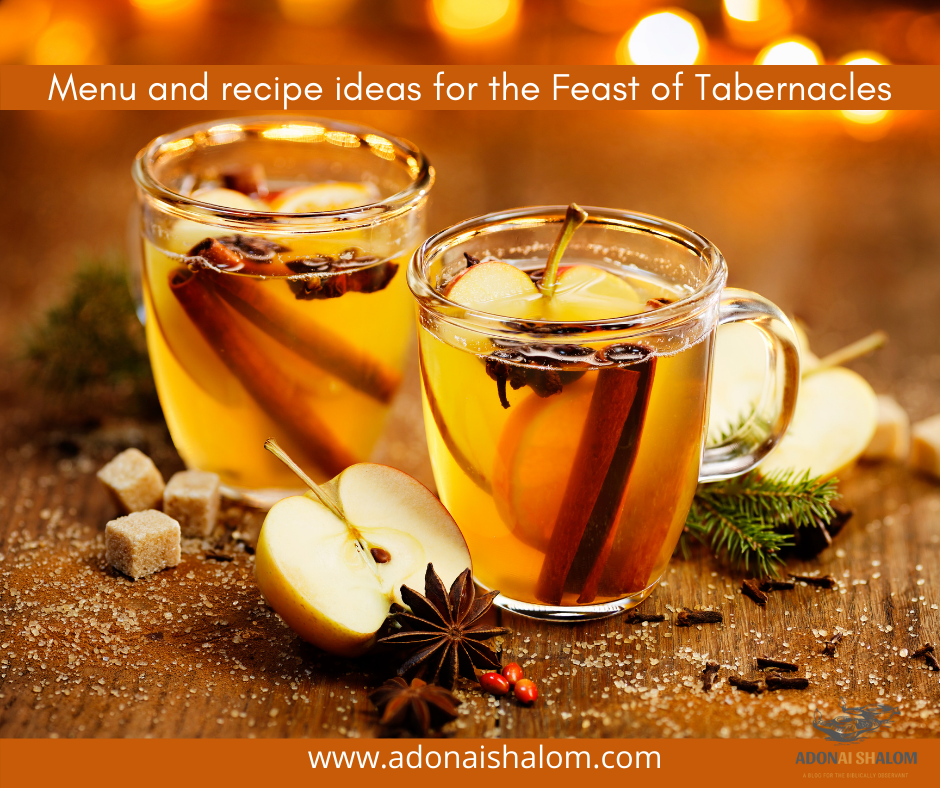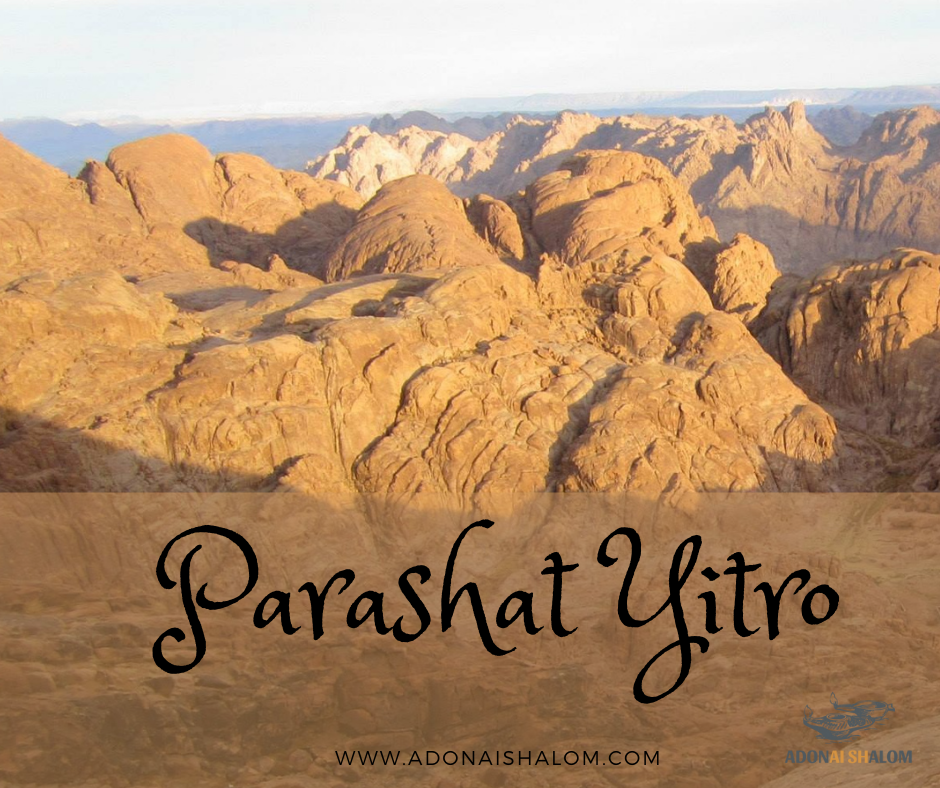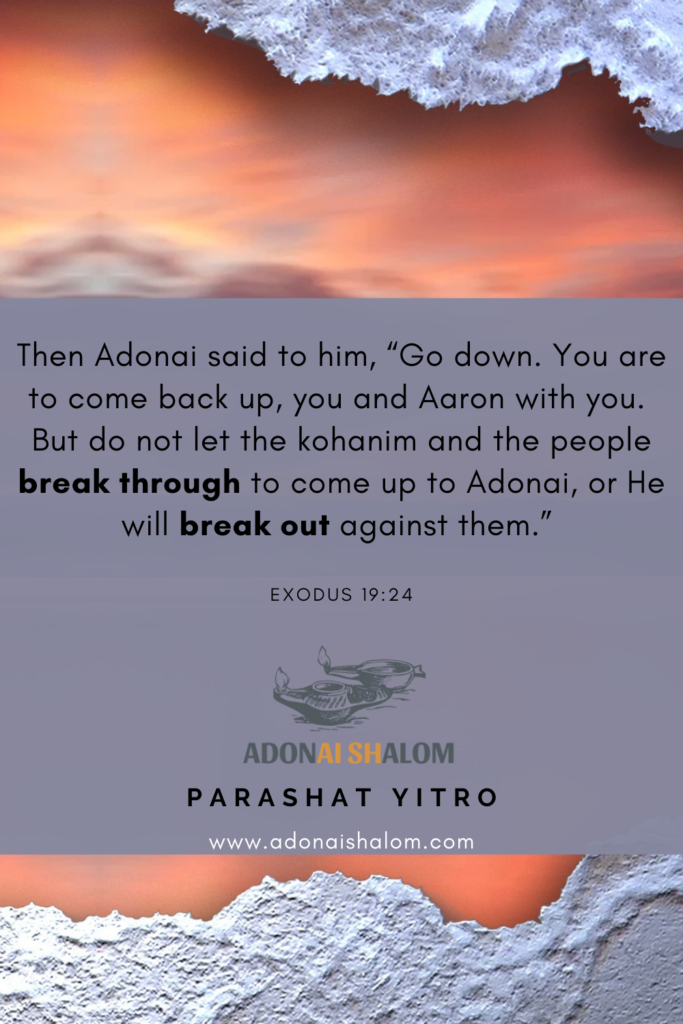The 5 Offerings of Leviticus and the Good News
Parashat V’yikra (V’yikra/Leviticus 1-5)
Does Leviticus top your list of favorite books of the Bible?
It is pretty safe to say most people would not list Leviticus as one of their favorite books of the Bible.
When I served as a chaplain, I would often ask patients to share their favorite verse or book of the Bible.
9 times out of 10, the patient would cite the Psalms, regardless of their denominational tradition.
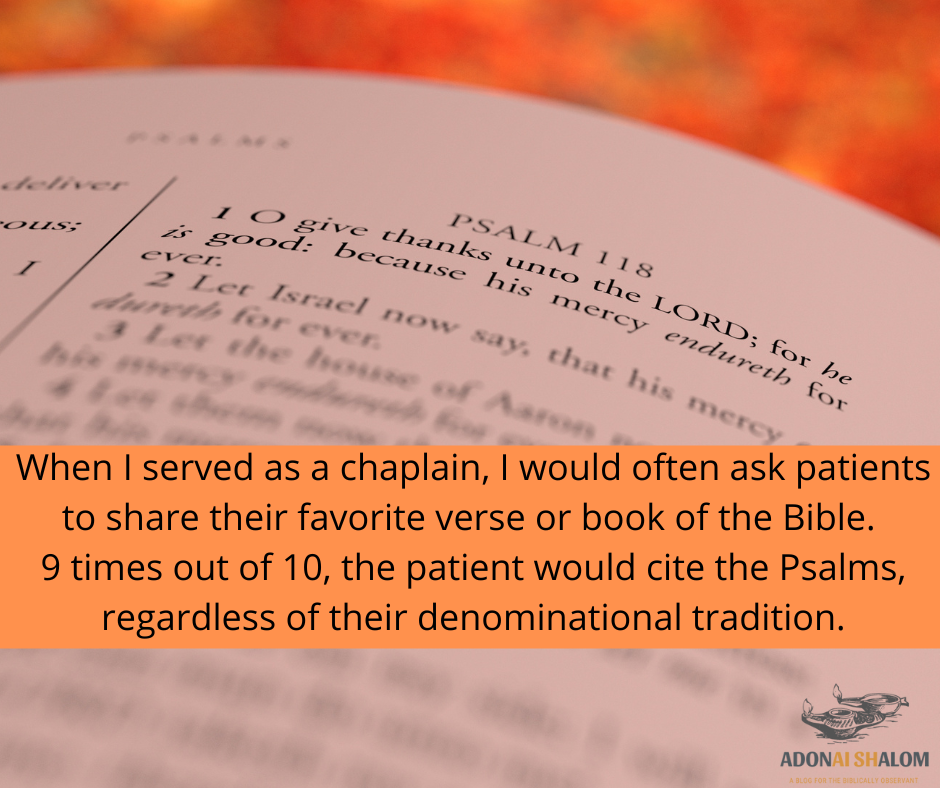
And it’s no wonder. Psalms engage the emotions – they help us make sense out of suffering, bring comfort in times of need, and help us verbalize our praise of our Eternal Father.
Psalms, Proverbs, the Gospels, these books tend to be among the favorites.
Leviticus . . . not so much.
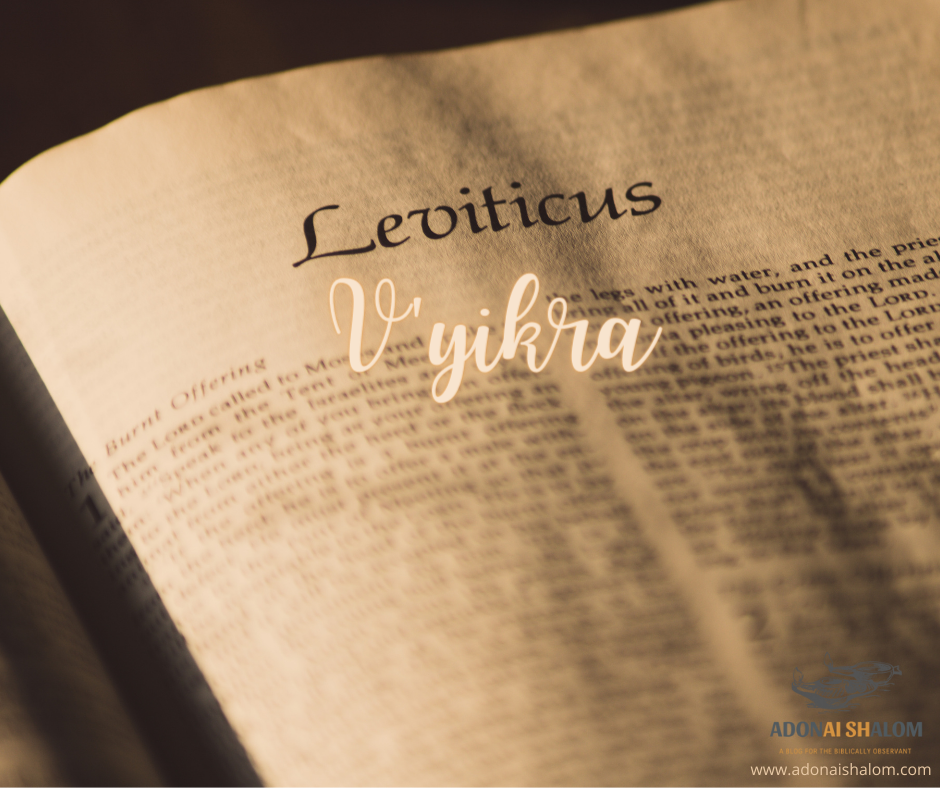
Holiness, Holy-days, and Hope
I do know one Torah observant sister who did tell me that Leviticus is one of her favorites. I told her she is unusual. 😉
But you see, she understands that there is more to Leviticus than lists of burnt offerings and rules.
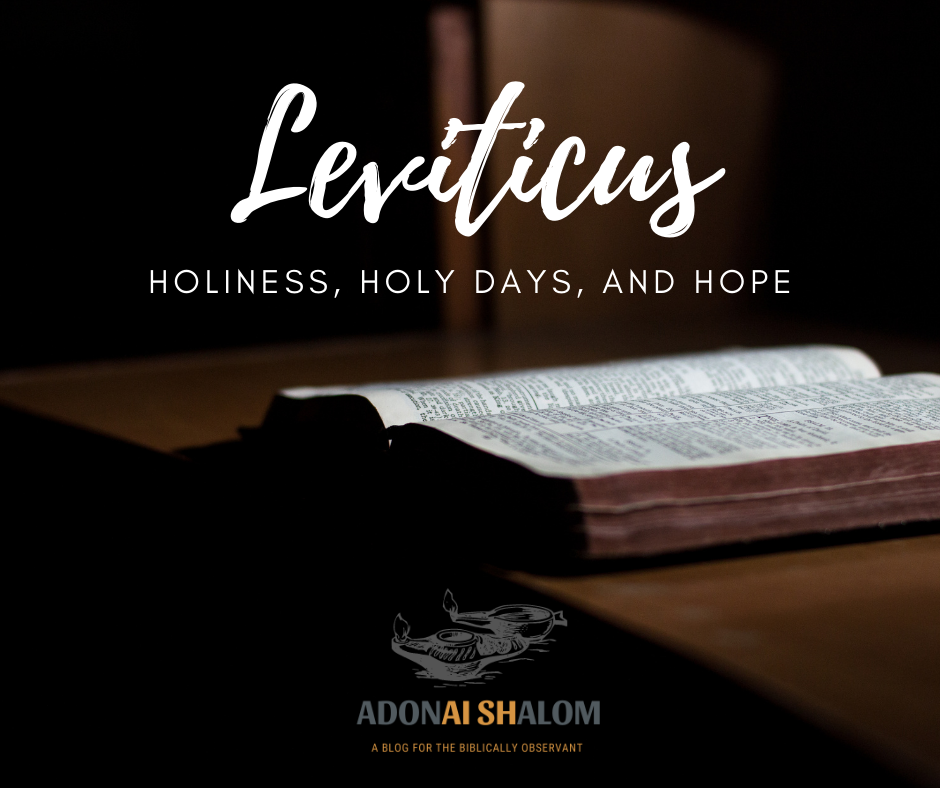
Leviticus is about holiness.
Yes, Leviticus outlines the sacrificial system and it can get to be a bit difficult for our modern sensibilities to read about killing bulls and doves, but I assure you, there is more to Leviticus than that. The sacrificial system was needed in order for us to understand the magnitude of what Messiah Yeshua (Jesus) came to do for us.
The LORD is holy and He requires us to be made holy. ” . . . be holy, for I am holy . . .” (Leviticus 11:44). In order to enter into a true relationship with our Heavenly Father, we must first understand the gravity of our sin – the depraved state we find ourselves in without our Savior. We realize through a thorough reading of Leviticus just what exactly is required to obtain holiness. This deepens our gratitude for what Messiah accomplished through His death on the cross! He has made a way for us to be holy as He is holy, if we believe and trust in His Name.
Leviticus is about holy-days.
Who doesn’t enjoy holidays? Leviticus defines for us the holy-days of the LORD. It is in Leviticus that what are known as the moedim (the appointed times) are explained in great detail. The appointed times refers to specific dates and times of year when the LORD desires to meet with His people. Divine appointments. Passover and the Feast of Tabernacles are two of the better known celebrations.
Sorry to be the bearer of unwelcome news, but Christmas and Easter are not moedim – they are manmade holidays of pagan origin reappropriated by some of the Christian church. Certainly the Lord Yeshua (Jesus) is our Emmanuel and our Triumphant Redeemer. The intent is good! But these holidays fall outside that which is Scripturally mandated and at worse, perpetuate many untruths.
Leviticus is about hope.
Ultimately, as I have alluded, Leviticus is about salvation and hope.
If we know what the LORD expects and what pleases Him, we can strive to live our lives for Him. But we know we will fall short. “There is no one righteous—no, not one” (Romans 3:10).
The Good News of salvation is available to all, and part of that reality started way back in Leviticus. How could we understand our need for a Savior if we didn’t know our shortcomings?
We are so blessed to be living in these days because we know the fullness of the Good News – that the Messiah Yeshua (Jesus) came to the earth, lived, ministered, was crucified, buried, rose again, ascended into heaven, and poured out His Holy Spirit (Ruach haKodesh) upon His people.
The offerings outlined in Leviticus help us understand the Good News
Leviticus 1-5 describes the different offerings that were required in order for people to make themselves right with God again. We can gain a greater understanding of so much of what occurred in the New Testament (Brit Chadasha) if we understand more fully these offerings.
Offerings & Wholeheartedness
It can be hard for us in modern times, especially in the United States, to conceptualize the 5 offerings listed in Leviticus. We are accustomed to giving “an offering” – a sum of money apart from our tithe that we feel led to give to the LORD’s work. Notice, our modern understanding of an “offering” is almost always monetary.
When I traveled to Mexico and preached in the village church, I noticed something very profound. Most of the congregation members are quite poor, but like the widow who gave her mite, the brothers and sisters did not come empty-handed. One sister would bring flowers, a fragrant gift to adorn the pulpit area. A brother would carry a basket of fruit or vegetables, a first fruits offering that would bless the pastor’s family or another family in need. These offerings required planning, love, and care.
It is easy to take out our wallet and toss a few dollars into a collection plate. It would require more forethought on our part to go out to the garden (if we even have one!) and share of our harvest. If we can learn one thing from our brethren in Mexico it is to give our offering wholeheartedly.
Following the time of Leviticus all the way through the Second Temple period, money would have been exchanged (think of the Temple moneychangers) in order to obtain what was needed for the offerings, but the money wasn’t just tossed nonchalantly into an offering plate. The individual seeking pardon had to be more involved than that to obtain purity.
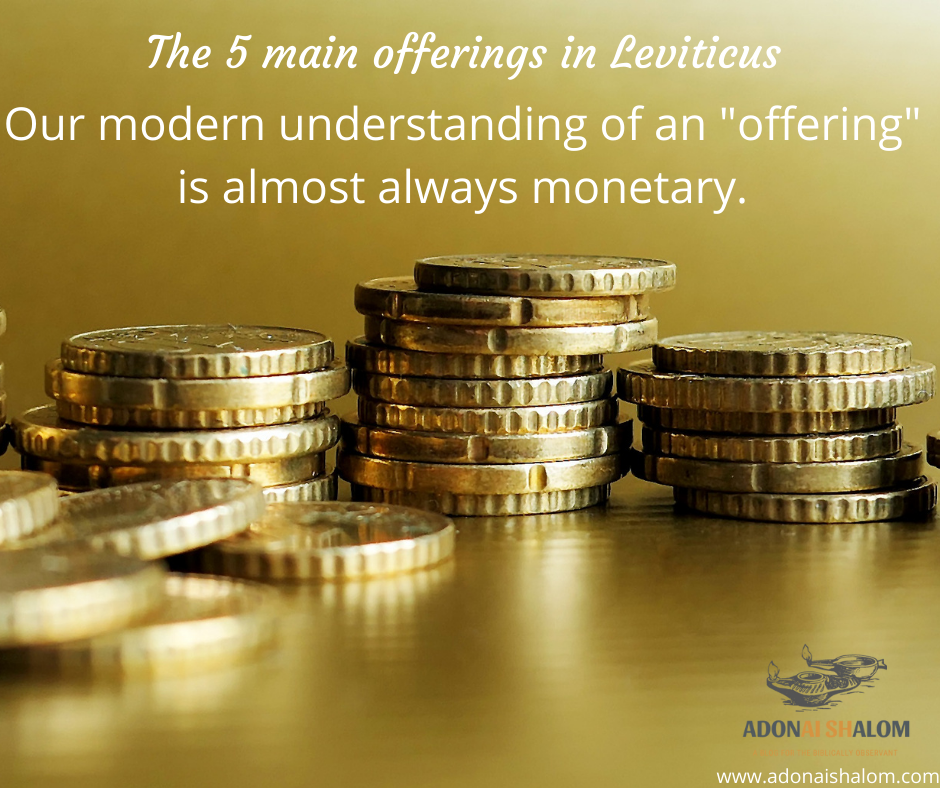
Voluntary offerings and Mandatory offerings.
The offerings in Leviticus can be divided into two types: voluntary and mandatory.
The Voluntary Offerings
- The Burnt Offering
The burnt offering had to be a male without blemish out of the cattle or sheep, or doves or pigeons, depending upon one’s financial ability. the Bible calls this a food offering, an aroma that pleased the LORD. It was to be killed at the entrance of the Tent of Meeting (Leviticus 1:3).
That it would be killed at the doorway is significant because Yeshua (Jesus) said, “I am the Door.” The Good Shepherd laid down at the threshold of the doorway and ultimately gave up His life for His sheep. The Lamb’s blood on the doorposts prevents death from entering our lives.
2. The Meal/Grain Offering
This offering consisted of unleavened flour & oil mixed with frankincense and salt placed over fire. Mmmm . . . if you enjoy fresh baked bread, imagine the smell of a perfumed version! Throughout the Bible, oil represents anointing and sanctification – the Presence of the Spirit of the LORD. Salt was a preservative and was even involved in covenant-making! Because of its preserving quality, salt indicates an everlasting Covenant.
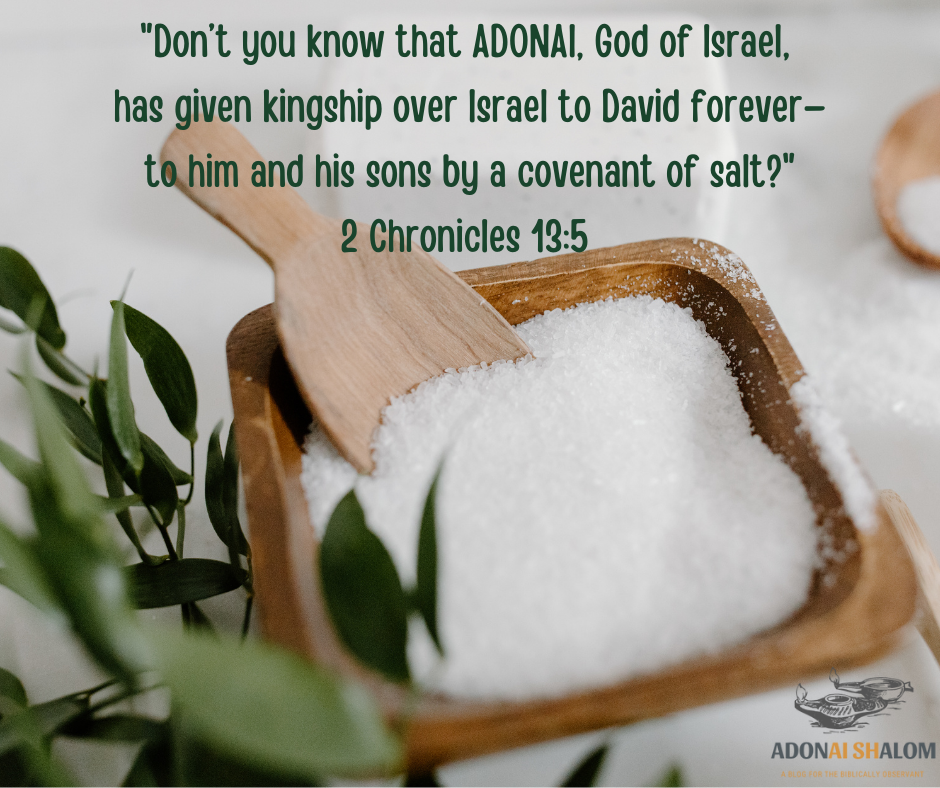
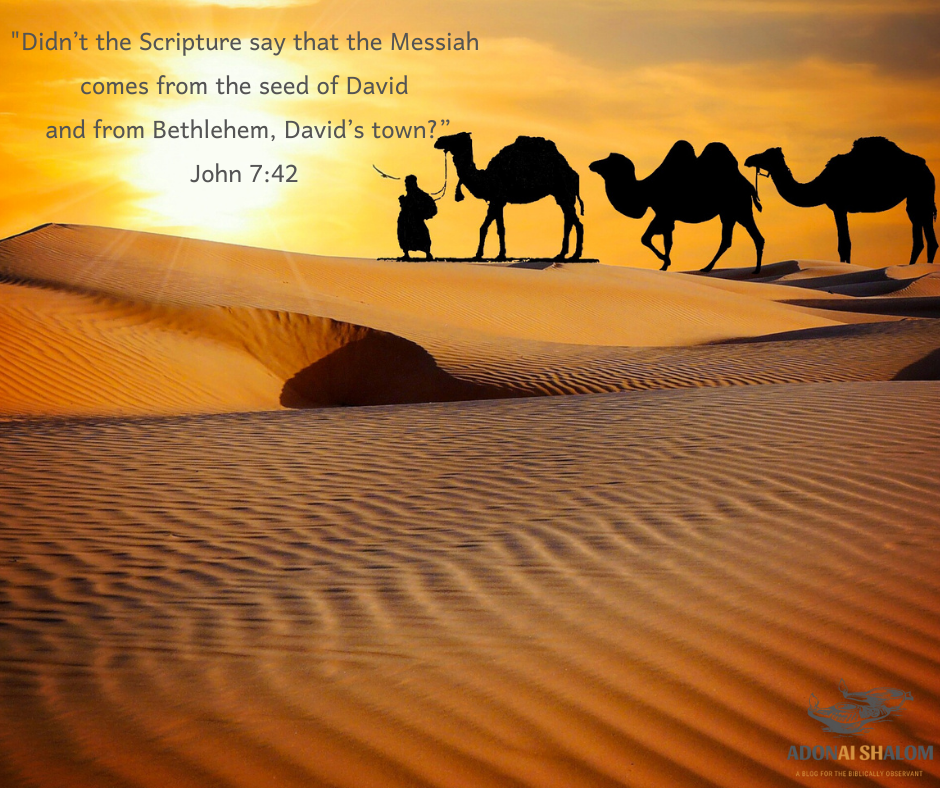
The meal offering, as simplistic as it may seem, gives us a picture of the Everlasting Covenant we have as children of the Most High.
3. The Shalom/Peace Offering
Similar to the the burnt offering, the shalom offering had to be of cattle, lamb, or goat. This reconciliation offering restored fellowship. It foreshadowed the shalom (peace) that we receive through the sacrifice of our Savior.
The Mandatory Offerings: Sacrifices for Unintentional Sins
4. The Sin Offering (Leviticus 4-5:13)
If you have been following this blog, you may have read about the 13 (Biblical) Attributes of God listed in the book of Exodus.
Attribute 12, נֹשֵׂ֥א חַטָּאָ֑ה Nosei Chatah, describes the LORD as the “Forgiver of sin.” This verb refers to unintentional sins, meaning He forgives our mistakes and the sins we commit it ignorance.
A form of this Hebrew term is found beginning in Leviticus 4. Chata’at means to “miss the mark,” to “miss the target.”
So the sin offering was a mandatory offering for unintentional sins against God. This offering had to be completed before a person could make any other type of offering.
Different sacrifices were acceptable depending upon an individual’s rank/social status. A bull had to be sacrificed for the sins of Israel as a whole. A male goat was brought to be sacrificed on behalf of a leader. The ordinary folk were to bring a female goat or a lamb. The poor could bring a dove or pigeon to be sacrificed as the sin offering. Did you realize this was the type of offering Mary and Joseph brought when they went to Jerusalem to present the Holy Child to the LORD?
As Allen P. Ross writes in Holiness to the LORD: A Guide to the Exposition of the Book of Leviticus, “The point is that no one was barred from access or from worship on the basis of income or ability (Ross, 89).
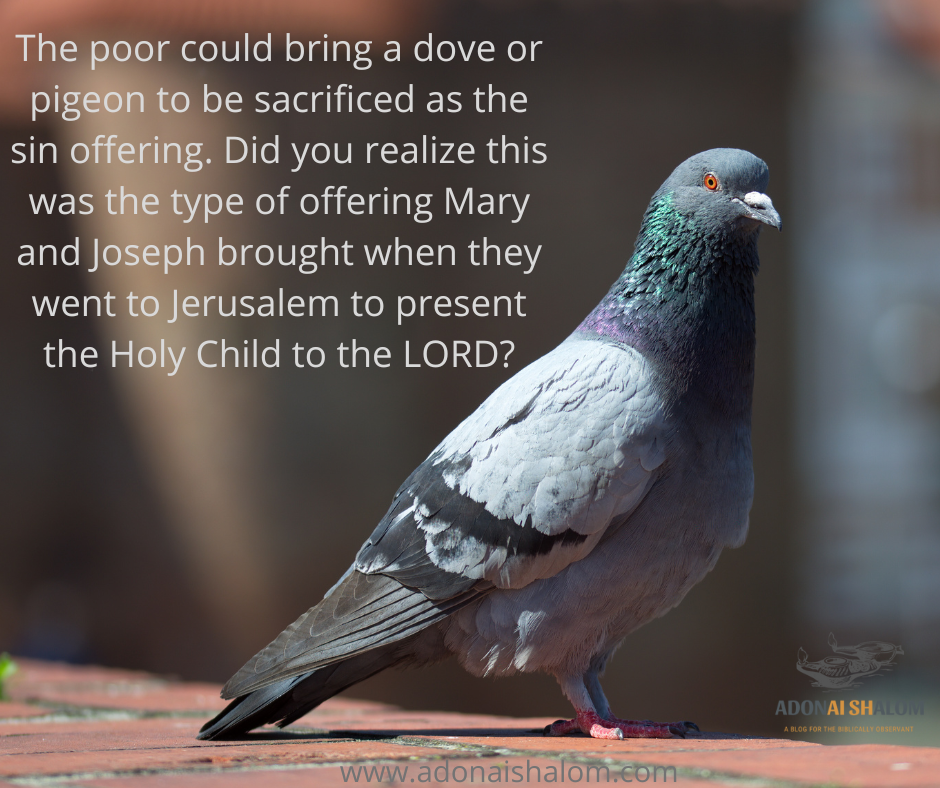
5. The Guilt (Trespass) Offering (Leviticus 5:14-6:7)
Like the sin offering, the guilt offering was a mandatory offering but rather than it being for unintentional sins against God, this offering is for unintentional sins against another person.
Restitution was required because the offender was guilty of trespassing against or defrauding another person. If someone’s rights had been violated, a guilt offering was necessary to make things right again. We are so very guilty, but our Savior, Messiah Jesus (Yeshua) has come to save us and take all our guilt away.
Leviticus gives us a portion, and the Gospel gives us the full picture
I hope you have been able to see how each one of the offerings in the book of Leviticus relates to the Good News! As Rabbi Sha’ul (Apostle Paul) said, it may seem as though we are looking through a glass dimly, but we know that one day we will indeed see Him face to face. If we study the Scriptures in depth, we will find that passages that seem obscure or completely irrelevant to us can actually be extremely revelatory and far more intriguing than we initially expect.
I hope you found this short study on the five offerings of Leviticus 1-5 of blessing to you. I’d love to hear from you! Please leave a comment below or consider subscribing to our monthly newsletter!
